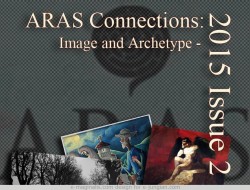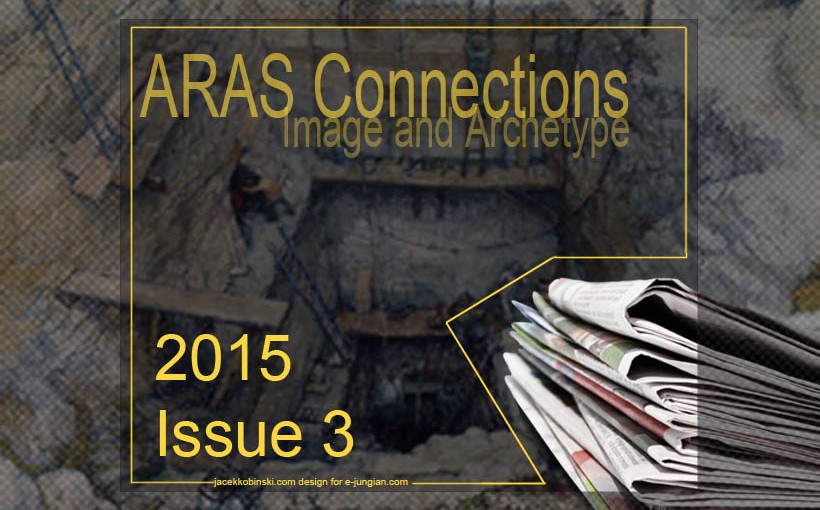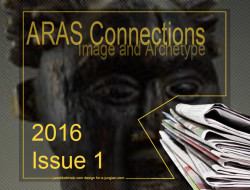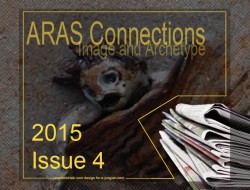The third issue of ARAS Connection features the new tool made available by ARAS for the students of C.G. Jung’s writings: Concordance to Jung’s Collected Works.
You will find there an interesting interview with a painter Chester Arnold and essay by Cristina Levine Martins Xavier, entitled :Comics, Antiheroes and Taboo: Reflections on The Edge of Popculture. In this article the author is analyzing the comic book series Spawn by Todd McFarlane. She is looking at those series as an attempt to make the emergence of the new system of values in a highly secularized contemporary world. It is an interesting voice in the discussion about the meaning of the transitional times that we live in.
Another paper is a review of the moving book entitled Martha’s Mandala, written by Martha Oliver-Smith who writes about the life and work of her grandmother. You can also refer to the event honoring the book and Martha:
Friends of ARAS Event – Martha’s Mandala
See the 3rd issue at ARAS Connections website
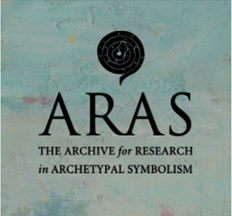 What is ARAS?
What is ARAS?
The Archive for Research in Archetypal Symbolism (ARAS) is a pictorial and written archive of mythological, ritualistic, and symbolic images from all over the world and from all epochs of human history. The collection probes the universality of archetypal themes and provides a testament to the deep and abiding connections that unite the disparate factions of the human family.
The ARAS archive contains about 17,000 photographic images, each cross-indexed, individually mounted, and accompanied by scholarly commentary. The commentary includes a description of the image with a cultural history that serves to place it in its unique historical and geographical setting. Often it also includes an archetypal commentary that brings the image into focus for its modern psychological and symbolic meaning, as well as a bibliography for related reading and a glossary of technical terms.
The ARAS commentaries honor both the universal patterns and specific cultural context associated with each image, something seldom found in other collections.
Keywords, extracted from approximately 46,000 catalogue subject cards, help users explore archetypal themes of interest to them.
The images and commentaries in ARAS have been collected over a 80-year period (read more about the history of ARAS).












